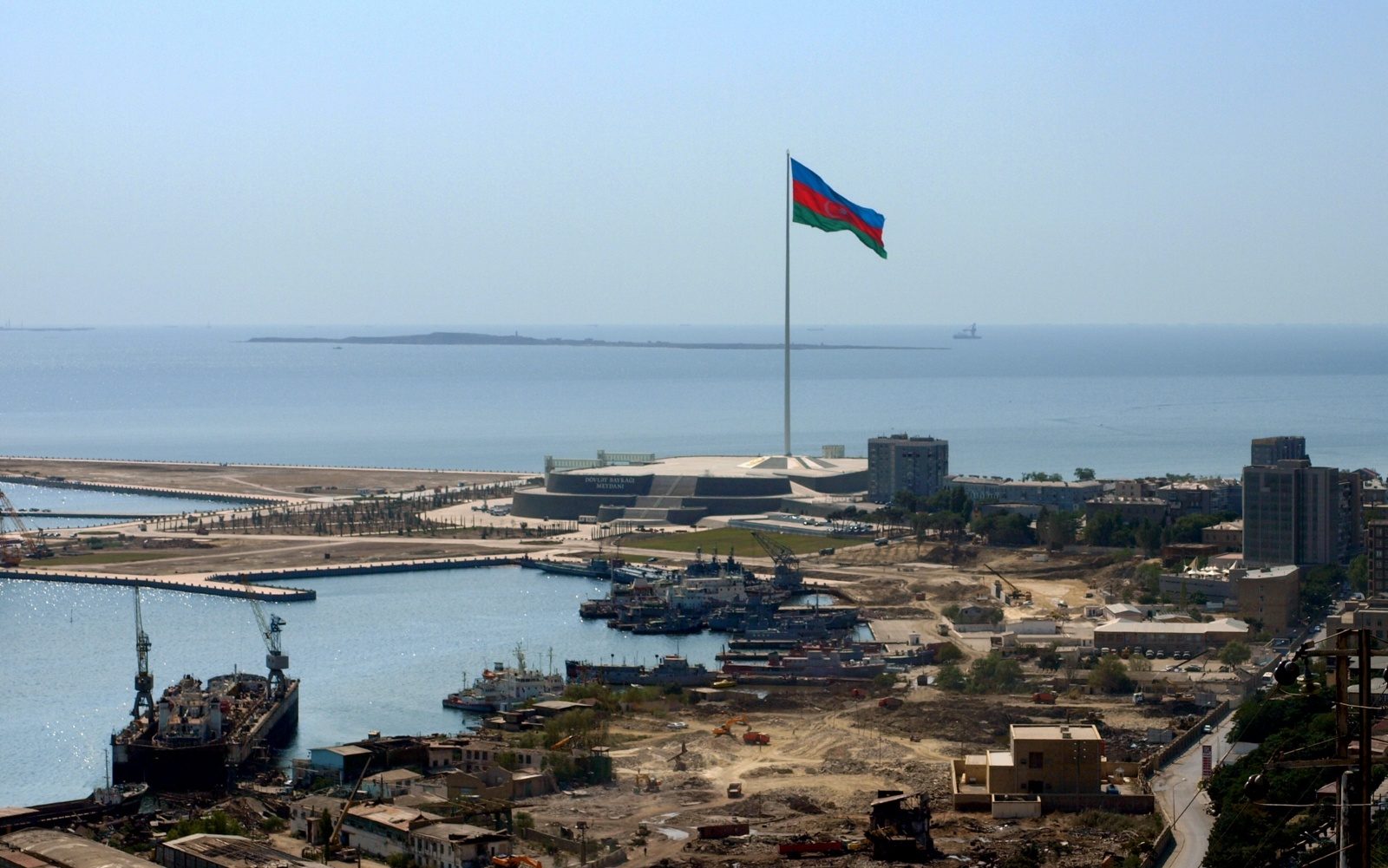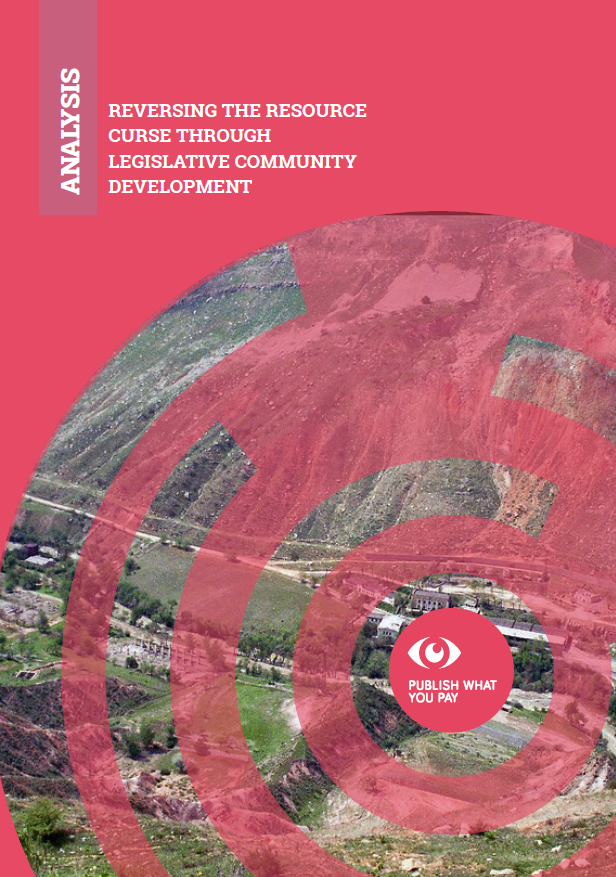In 2014, the government of Azerbaijan introduced new legislation which has since made it impossible for many civil society organisations to do our job of representing the interests of our fellow citizens. For the past two and half years, myself, my colleagues at the Public Association for Assistance to Free Economy and countless other NGOs in Azerbaijan, have been unable to perform our duty of holding government bodies and state-owned companies to account. When it came into force, we put in our application for a registration certificate – as stipulated in the new legislation – it was rejected. We applied a further eight times, and we received eight more rejections. We applied to the court of appeal against the decision, and, again, we were met with rejection. Two and half years later, we have been left with no choice but to appeal to the European Court of Human Rights. As we wait for a decision, which could take up to five years, we remain unable to operate as a legal entity, to apply for grants or even open a bank account.
Our organisation, the Public Association for Assistance to Free Economy, aims to bring more economic freedom and good governance to Azerbaijan. We call on the government to make reports and data on the state budget, public investment, law enforcement expenditure and procurement contracts public. As it stands, a vast amount of information on such activities is barely made available to members of parliament and, when it is, details are minimal. In addition there are currently no external audits on the reports which means there are no means of assessing the impact of the projects. And without information available on the business owners who undertake such projects, there is no way of knowing who to hold accountable if and when instances of corruption are identified.
This work is not only our fundamental right, as civil society, but is also vital to ensure that Azerbaijan’s natural resource wealth is invested in alleviating its citizens out of poverty. These restrictions, coupled with constraints on our rights to freedom of expression, mean that my fellow citizens and I are increasingly without representatives to voice and defend our interests. And with less and less NGOs able to hold government and companies to account, the levels of corruption in our country, which are now being uncovered and reported internationally, are already getting worse.
There are still opportunities to bring back openness and governance to our country. An initiative that can convince our government to repeal this legislation is the Open Government Partnership. In May 2016, as a result of the government’s failure to sufficiently address the concerns raised by a number of international civil society organisations including Article 19, Publish What You Pay and CIVICUS, in regards to the administrative and procedural obstacles which the new legislation created for NGOs, the OGP revoked its membership, designating it an inactive member. On June 28th 2017 the OGP Steering Committee decided to further extend Azerbaijan’s inactive membership status by twelve months.
Currently, the OGP is calling for public commentary on its recommendations to the Azeri government and I would like to put forward the following recommendations.
Firstly, I support the OGP’s recommendation to simplify the process for establishing and registering NGOs. Doing this would be a positive step towards creating a much needed enabling environment for civil society in Azerbaijan. Our government must remove the restrictions on registering and establishing NGOs. Equally as important for an enabling environment is the OGP’s recommendation to simplify the regulations to accessing funding.
Secondly, the government of Azerbaijan must uphold our right to participate by first freeing the journalists and activists who are imprisoned for exercising their right to freedom of expression and participation. And by reinstating the independence of media by lifting bans on websites and other media outlets such as Radio Liberty and Meydan TV.
Last but not least, we must rejoin the EITI. Without membership in the EITI, there are no transparency and accountability standards for our government and companies to adhere to. And there is no platform for civil society to interact meaningfully with government and extractive companies on the management of our collective natural resources. The main EITI supporting countries must strongly encourage financial institutes to push for Azerbaijan to rejoin the EITI.
We must use this opportunity to restore civic space and participation in Azerbaijan.











